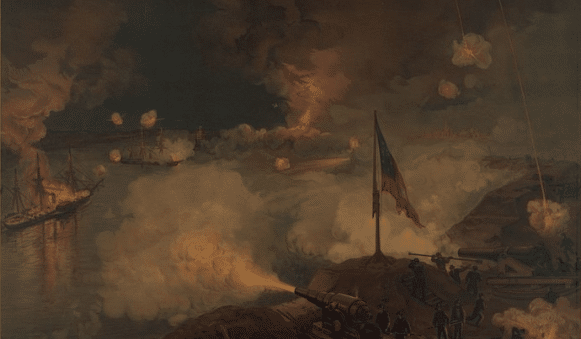
Guest Blogger and long-time Council friend, Bob W. presents Part 58 of a series dealing with Alcoholism and Addiction from a Mystical, Mythological Perspective, reflecting Bob’s scholarly work as a Ph.D. in mythological studies.
In 1861, at the outset of the Civil War, poetess Julia Ward Howe penned the lyrics to The Battle Hymn of the Republic, to the tune of the earlier work, John Brown’s Body. Both were part of the Abolitionist movement, which had been trying for past decades to bring an end to Slavery in America. The initial stanza to Howe’s rendition is as follows:
Mine eyes have seen the Glory of the coming of the Lord.
He is trampling out the Vintage where the Grapes of Wrath are stored.
He has loosed the fateful Lightening of his terrible swift Sword.
His Truth is marching on…
In my view, the idea of the “grapes of wrath” in this song could be seen as the need for retribution against the institution of slavery, a deep felt sense that is coming forth into the consciousness of the people of America in a manner similar to that of a vintner bringing forth the sweetness of a wine by the crushing of grapes. The virulence of this song and of Howe’s expressed opposition to slavery parallels the intensity that gripped the nation in the lead-up to the Civil War.
Interestingly, John Steinbeck used these same words as the title of his 1939 Pulitzer Prize winning book about the plight of the “Okie” migrants from the Plains’ states to California, in the aftermath of the devastation of the Dust Bowl in the 1930’s. I would see his vision as that of equating the “grapes of wrath” with the need to address the deplorable conditions imposed on these migrants in their flight from the Plains and their efforts to find a place of “home” in the wine and agricultural regions of California. It is clear to many that Steinbeck thought just about as negatively toward the banks that he believed forced the Okies off their farms and out of the Plains and toward the large corporate farming companies and vintners that exploited them as migrant workers in California, just about as strongly as Howe and others might have thought of the institutionalized system of Slavery in America.
There is another parallel here for me. Would it not seem logical to see our despicable behavior in the depths of our drinking and using as something similar to the “grapes of wrath.” How we behaved with the world around us, the pain and trauma we created for those we otherwise really did love, could be seen as negatively as Howe and Steinbeck saw their themes. To get sober and develop a sustainable life of sobriety, we had to trample those grapes, those legions of behavior, and repair the devastation that they created. The fascinating play of the words of “vintage” and “grapes” and the volume of wine and spirits that attended our lives in our disease adds another fascinating element of synchronicity here. We had to work to allow the authenticity of our inner most selves to emerge as wine does from the trampling of grapes.
How wonderful it is today that, as we work diligently to build a life in Sobriety and to allow the Truth of who and what we really are to fully develop, we are working for our own indomitable Truth to be “marching on…’
